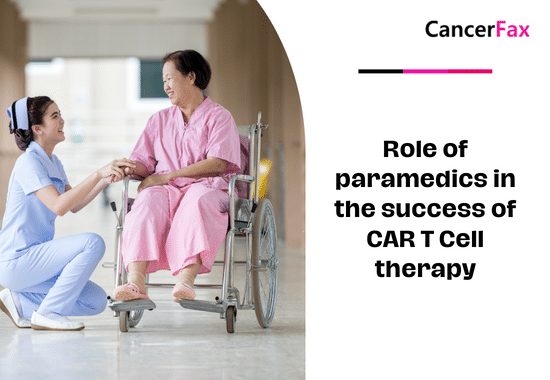Before the start of the article, the first look at science.
Understanding of MSI-H, MSS, MSI-L
-
MSS (MicroSatellite stability), microsatellite stability, compared with MSI, there is no obvious MSI.
-
MSI-H (MicroSatellite Instability-High, high-frequency microsatellite instability), that is, the frequency of microsatellite instability is high, generally higher than 30%;
-
MSI-L (MicroSatellite Instability-Low, low frequency microsatellite instability), that is, the frequency of microsatellite instability is low, generally less than 30%.
Friends who are concerned about the latest progress in cancer treatment know that the broad-spectrum anticancer drugs pembrolizumab and nivolumab have been approved for the treatment of all solid tumor patients with MSI-H (high microsatellite instability). Especially for colorectal patients, the detection rate of MSI-H is relatively high, so some cancer patients benefit from this type of treatment to prolong survival.
In the NCCN advanced or metastatic colorectal cancer treatment guidelines, the first-line immunotherapy options for patients with MSI-H and dMMR are nivolumab (nivolumab, Opdivo) or pembrolizumab (pembrolizumab, Keytruda), or nivolumab and ipilimumab (Iraq Combined therapy with Pitimab, Yervoy).
These recommendations are category 2B recommendations and apply to patients who are not suitable for a combination cytotoxic chemotherapy regimen. These immunotherapy drug options are also listed in the guidelines as second- and third-line treatment recommendations for dMMR / MSI-H patients.
For patients with unresectable locally advanced or metastatic colorectal cancer who have developed disease or are at least resistant to two previous systemic chemotherapy regimens, 95% of them can detect MSS instead of MSI-H. So, how to choose MSS colorectal cancer patients?
Recently, the IMblaze370 trial was published as a phase III open-label trial, and 363 patients with metastatic colorectal cancer whose genetic test results were MSS were randomly assigned to atezolizumab (atezolizumab) in combination with cobimetinib (cobititib) at 2: 1: 1 Ni, MEK targeted drug) group, attuzumab monotherapy group, regorafenib (regorafenib, multi-target kinase inhibitor) group. Patients with MSS colorectal cancer have historically not responded to immunotherapy.
The results of this study confirm once again: MSS colorectal cancer patients do not respond well to the immunotherapy (PD-L1) drug atuzumab. The median overall survival of the atezumab combined with cobtinib group was 8.87 months, compared to 7.10 months in the atezumab group alone and 8.51 months in the regofenib group, regardless of whether the immunotherapy alone or combined There is no significant survival benefit.
For the median progression-free survival, the three treatment groups were 1.91 months, 1.94 months, and 2.00 months, with no difference. The rate of grade 3/4 adverse events was 61% in the combination therapy group, 31% in the atuzumab monotherapy group, and 58% in the regofenib group.
“These results highlight the strong biological differences between MSS and MSI-H, and emphasize the different treatment needs between these two disease types,” said Dr. Cathy Eng, a researcher at the University of Texas Anderson Cancer Center.
That is to say, the colorectal cancer patients whose MSS is found by genetic testing do not recommend the choice of immunotherapy, and use other methods instead. At present, the targets and targeted drugs that can be achieved by patients with colorectal cancer are:
-
VEGF: Bevacizumab, Apsip
-
VEGFR: ramucirumab, rigofinib, fruquintinib
-
EGFR: cetuximab, panitumumab
-
PD-1 / PDL-1: pembrolizumab, nivolumab
-
CTLA-4: Ipilimumab
-
BRAF: Velofini
-
NTRK: Larotinib
If other corresponding target mutations are detected, the corresponding targeted drug therapy can be selected.
For colorectal cancer patients, you can choose a standard set of chemotherapy-FOLFOXIRI (fluorouracil + leucovorin + oxaliplatin + irinotecan), which is a combination of a group of cytotoxic chemotherapeutic agents, suitable for all people.
After drug resistance, the genetic test result is not MSI-H. You can also choose multi-target kinase inhibitors regorafenib (regorafenib, Stivarga) and TAS-102 (trifluridine / tipiracil; Lonsurf).
Cetuximab is also a star drug often selected by colorectal patients, which is a drug that often appears in individualized treatment plans. Evaluation methods include: Is the tumor on the left or right? Does it contain KRAS / NRAS mutations? Before selecting cetuximab or panitumumab, the RAS gene mutation must be considered.

